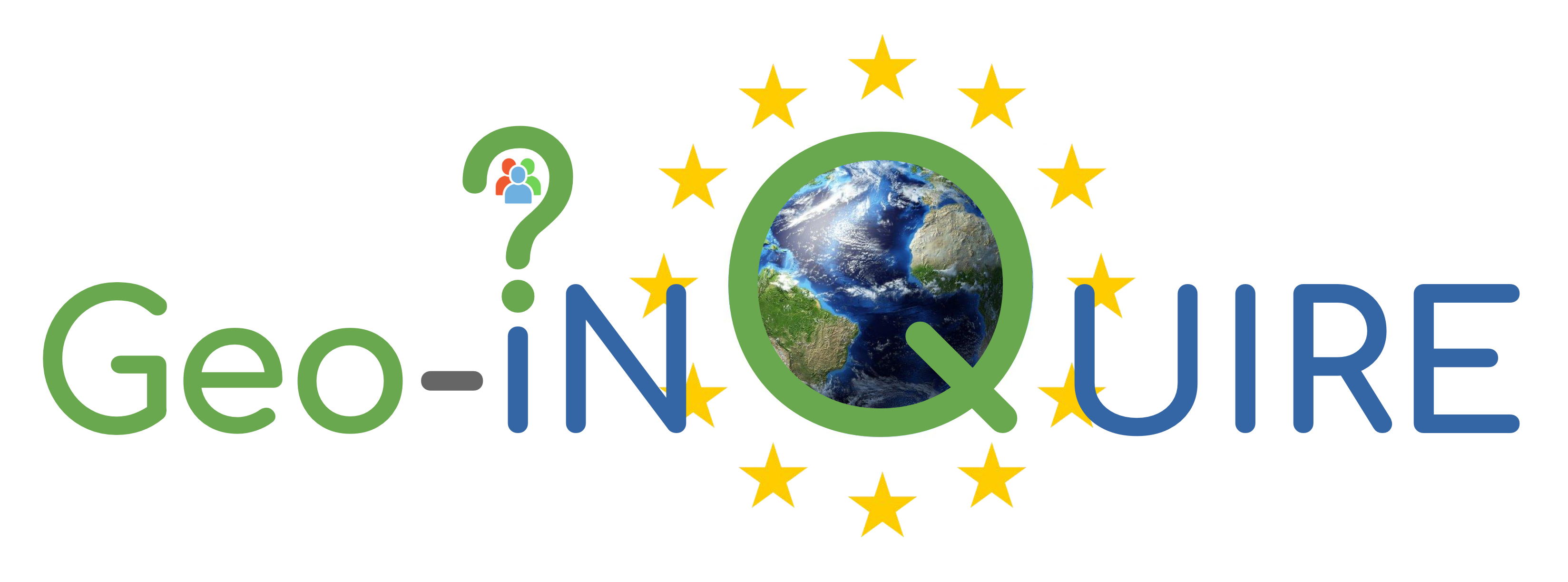2nd Online Training “make your data FAIR”: Research Data Management
Date: Tuesday, 25 June 2024 10:00 - 11:00 CEST
Location: Virtual training course
Speaker: Lena Thöle, Utrecht University (mail: l.m.tholeuu.nl)
Research fields: Specialists of all scientific fields, and on all career stages are welcome
Target audience: All career stage scientists and professionals, students and PhD candidates.
We are happy to announce our second online workshop on ‘make your data FAIR’ focusing on basic research data management. This event will be a 1 hour workshop with interactive parts guiding you through the best practices in folder structures, file naming and version control. Looking into these basic but critical steps in research data management represent a foundation to make your data FAIR. The workshop will take place Tuesday, 25 June 2024, from 10:00 to 11:00 Central European Summer Time (CEST).
Which data is the final one again? Did I use the right version of data for my plots? Is the correct version “final_data” or “data_final”? These or similar questions probably sound familiar to many researchers. Yet, basic research data management skills – seemingly straight-forward – are often not taught, planned or well thought-out. This can lead to many confusions, for oneself and collaborators. With hands-on exercises, this workshop will introduce the main concepts of keeping research data well-organized, following best practices on folder structure, file naming and version control – a main step towards FAIR data.
The learning goals of this second workshop are:
- To understand the importance and benefits of basic data management skills.
- To get familiar and apply first steps on best practices concerning folder structure, file naming and version control.
- Don't miss out on this opportunity to sharpen your skills and help you stay organized with your own research data!
Geosciences are one of the most interdisciplinary research fields, with input from, applications for and connections to many other fields of research. Moreover, many geoscientific topics are of societal and public interest. This highlights the importance of generating data that is findable, accessible, interoperable and reusable – in short FAIR – for a large number of stakeholders within and across domains.
